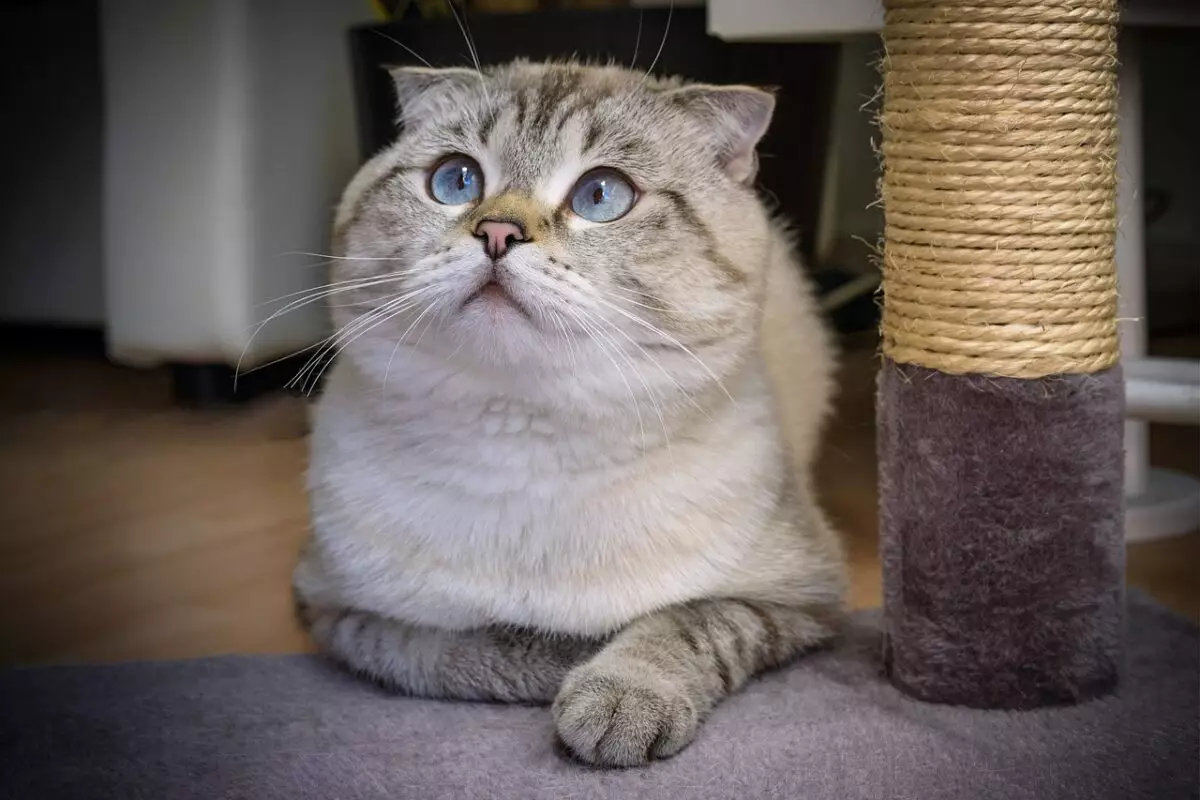Cats often carry the misconception of being solitary and indifferent, yet true cat aficionados recognize that these beloved pets possess unique methods of demonstrating their affection. The seemingly aloof demeanor of a cat can mask a deep emotional connection, and uncovering these subtle signs helps to enhance the relationship between humans and their feline friends. This article sheds light on the various breeds and their distinctive ways of conveying love, revealing how cats express their feelings beyond the surface.
While dogs may greet their owners with exuberance and tail wags, cats choose a more nuanced approach. Instead of overt displays, felines express their affection through non-verbal cues and physical contact. Observing these behaviors can enrich the owner’s understanding of what their cat needs and desires. Such signs include purring, slow blinking, and even presenting their bellies—a vulnerability that indicates trust and comfort. This understanding goes beyond mere observation; it paves the way for deeper emotional connections and companionship.
Among the many breeds of cats, some stand out for their particularly affectionate nature. Siamese cats, with their striking blue eyes and vocal tendencies, often engage their owners in conversations. They thrive on close interactions, often following their humans around the house—a behavior that underscores their desire for companionship. Whether curled up next to their owner or seeking attention, Siamese cats exemplify how vocalization and physical presence can reflect affection.
Another breed known for its affectionate demeanor is the Maine Coon. These gentle giants signal their love through gentle headbutts and cuddling. Their playful antics often serve as a reminder of their easygoing nature, and their willingness to engage in playtime displays a strong bond with their owners. Maine Coons possess a unique ability to mix playfulness with nurturing, inviting their humans to join in on their adventures.
Ragdolls, interestingly, derive their name from their charming tendency to go limp when cradled. This behavior is not just adorable; it symbolizes a high level of trust, enthusiasm for physical closeness, and a deep bond with their human companions. Their inclination to snuggle and be held is a physical manifestation of their affection, providing a unique experience for cat lovers who understand this special bond.
In contrast, the Persian cat may be more reserved but is equally capable of expressing love. This breed often favors the quiet companionship of being close to their owners, emitting soft purrs that demonstrate contentment. The gentle nudges they provide, though subtle, carry significant weight in conveying their appreciation for your presence. Their quiet demeanor offers a stark contrast to the more boisterous affectionate breeds, yet they too provide warmth and companionship.
Bengal cats bring a different flair to feline affection. Their energetic personalities lead them to express love through interactive playtime. They thrive on mental stimulation and will often engage in fetching games that showcase their enthusiasm. Their readiness to play not only highlights their affection but also strengthens the hunter-prey dynamic, allowing owners to bond with their active companions.
Scottish Folds, recognized by their distinctive ear folds, are known for their endearing habits of cuddling and affectionate purring. Their love often translates into a cozy companionship where they may curl up close to their owners or even share a pillow. This intimate closeness represents a feline’s way of saying, “I’m here for you.”
Ultimately, understanding the varied approaches to affection in cats provides a rewarding experience for pet owners. While cats may typically project an air of independence, their unique displays of love reveal a complex emotional landscape waiting to be explored. Recognizing and appreciating these behaviors—from playful engagement to quiet companionship—can strengthen human-feline relationships and foster deeper bonds.
Recognizing the individual characteristics of different cat breeds allows pet owners to interpret their cat’s expressions of love more accurately. Each breed speaks its own language of affection, encouraging owners to pay attention and respond in kind. By embracing these subtle signals, both cats and their humans can enjoy a fulfilling companionship rooted in love and understanding, making every moment shared that much more precious.

